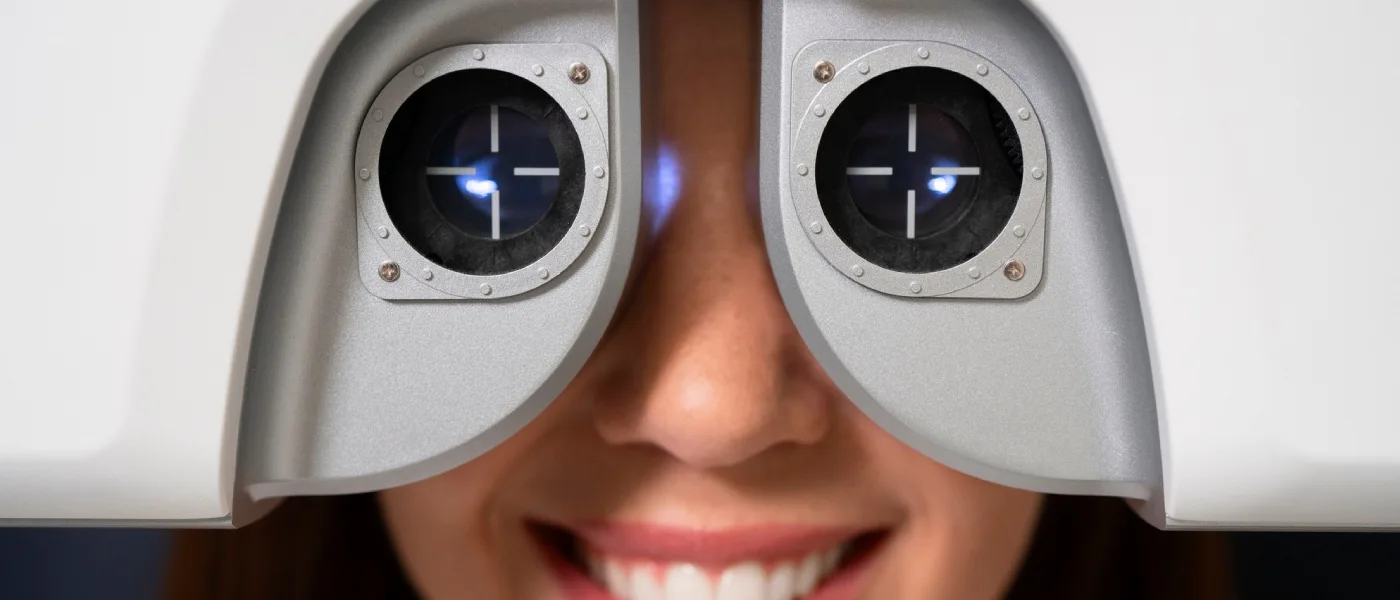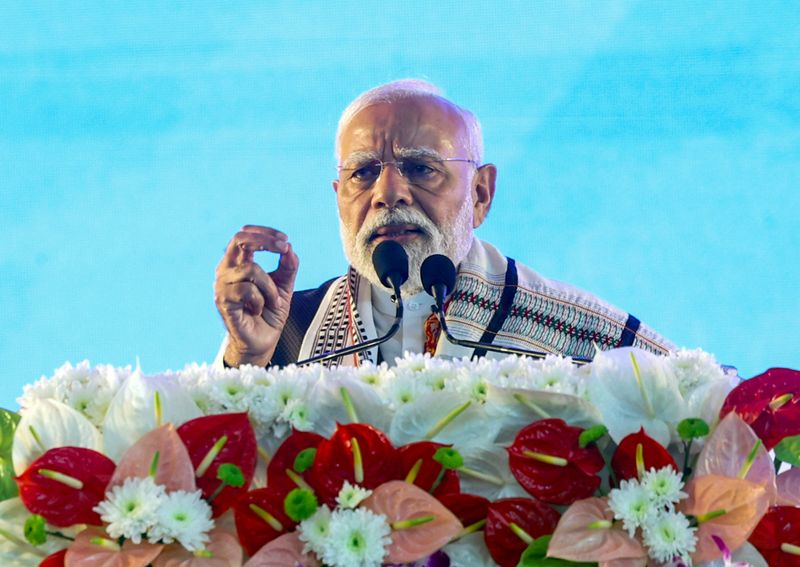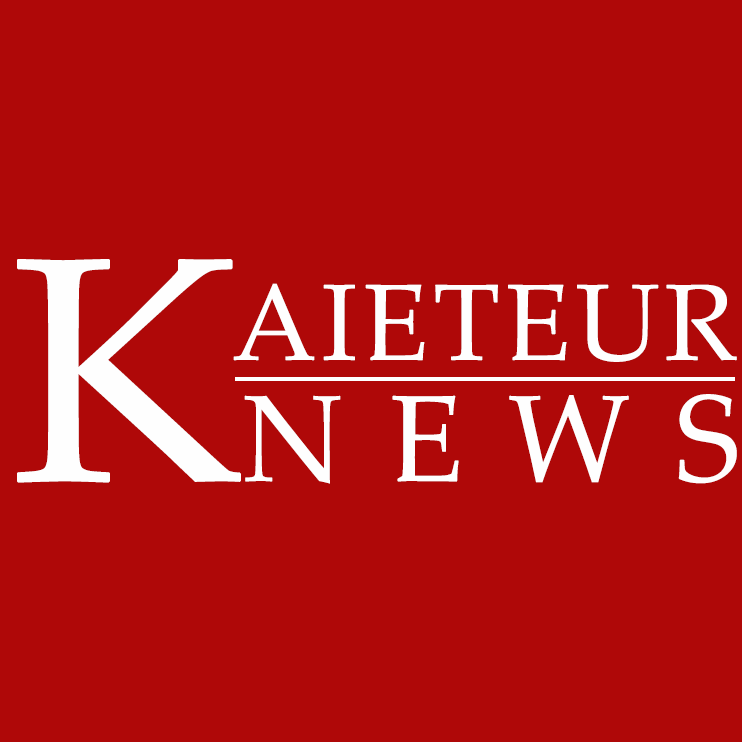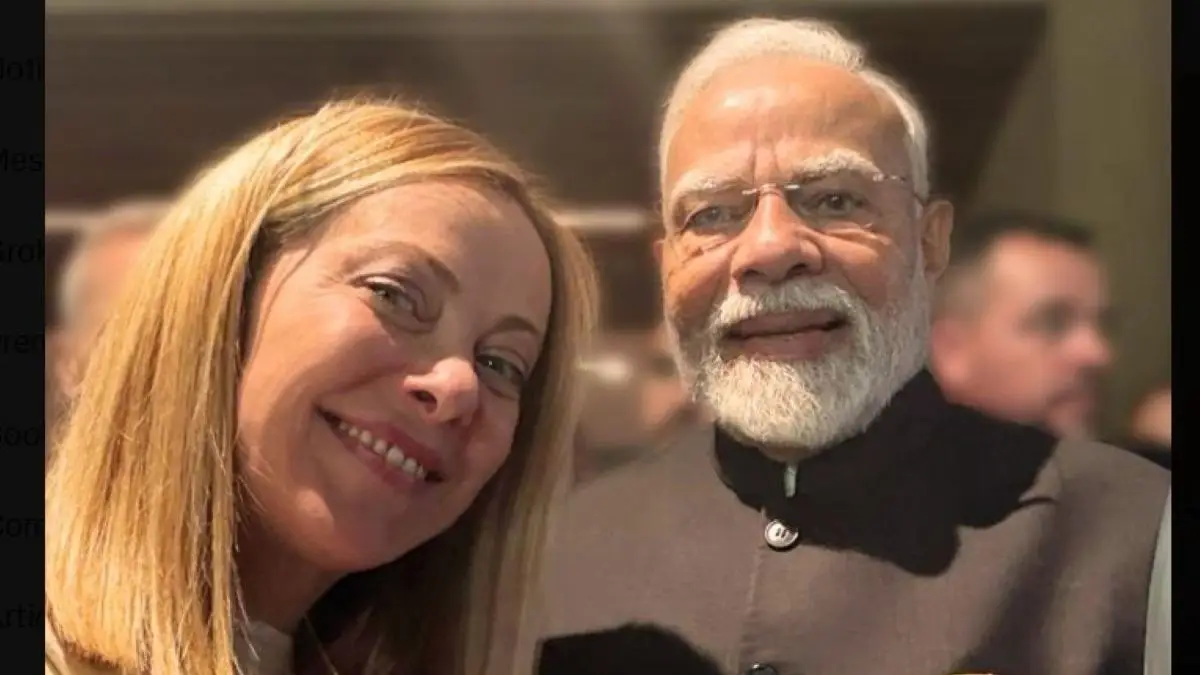By ELIZABETH NDUBISI EROMOSELE
Copyright independent

In July, I had the privilege of at-tending the 48th National Con-ference and Vision Expo of the Nigerian Optometric Association (NOA) in Umuahia, Abia State. It was a landmark gathering that brought together professionals, policymakers, researchers, and business leaders in the vision space at the national and global levels. With the theme “Optome-try in a Changing World – Adapt-ing to Emerging Trends,” the con-ference was timely and necessary.
We are living in an era of un-precedented change in health-care delivery, technology, patient behaviour, and business models. Optometry is no exception to these trends. Our profession is at a crossroads: traditional practice models are being challenged by automation, digital health tech-nology, and rising patient expecta-tions. This conference challenged us to rethink, realign, and reposi-tion ourselves for the future.
The decision to host the con-ference in Abia State proved to be both symbolic and signifi-cant. For many attendees, it was the first opportunity to witness firsthand the bold infrastruc-tural developments and renewal projects taking place under the administration of Governor Alex Otti. From rehabilitated roads to clean urban corridors, the visi-ble transformation in the state echoed the spirit of the confer-ence theme, one of change, ad-aptation, and progress. For me, too, it was homecoming of sorts, a return to my ancestral home.
The capital city, Umuahia, was not just a host, but an education in the essence of what is possible when vision meets execution, an ideal allegory for the way optom-etry in Nigeria must proceed. The overarching theme was not just a slogan; it was a call to action.
From the plenary sessions to technical workshops, several key ideas emerged about how optom-etrists can adapt.
The first is the need to embrace technology and innovation. Incor-porating artificial intelligence (AI), tele-optometry, and electron-ic health records is no longer op-tional. These tools help improve diagnostics, enhance patient ex-perience, and optimise practice management. Optometrists must be open to adopting digital plat-forms for consultations, patient tracking, and education.
Secondly, continuous learning and re-skilling are indispensable for the modern-day optometrist. Emerging diseases, changing re-fractive error patterns, and evolv-ing treatment protocols demand ongoing education. Whether it’s attending conferences, taking online courses, or subscribing to global journals, the 21st-century optometrist must become a life-long learner.
Besides, eye health care must become patient-centred. Today’s patients are informed, empow-ered, and expect more. The optom-etrist must provide personalised care, effective communication, and holistic service delivery. For the most part, this involves blend-ing clinical excellence with pro-fessionalism and empathy.
Additionally, public health in-tegration is on the agenda. Nige-ria’s eye health burden is growing, particularly among marginalised populations. Optometrists must assume more prominent roles in public health and advocacy for eye care in primary healthcare.
Moreover, practice diversifica-tion is essential. Beyond clinical work, optometrists are encour-aged to explore specialities such as low vision therapy, sports vi-sion, neuro-optometry, and occu-pational vision care. Diversifying services not only enhances reve-nue but also amplifies the impact of the profession.
Furthermore, practitioners must seek business and leader-ship development. Running a suc-cessful optometric practice now demands strong entrepreneurial skills, financial literacy, brand-ing, and marketing. These compe-tencies were highlighted during breakout sessions and business masterclasses at the conference.
The conference delivered on its promise of professional up-liftment. We attended scientific paper presentations, listened to keynote addresses by thought leaders, and participated in panel discussions that explored a range of topics, from policy reforms to clinical innovation.
One of the most engaging ses-sions focused on the future of optometry education in Nigeria. It called for upgrading training curricula, enhancing exposure to emerging technologies, and im-proving internship opportunities. This is crucial if the next gener-ation of optometrists is to meet global standards.
On the sidelines of the confer-ence, the Vision Expo was a bee-hive of activity. It provided a rare opportunity for practitioners to interact directly with equipment manufacturers, pharmaceutical companies, and service provid-ers. For many, it was an ideal time to purchase new diagnostic tools, update clinical software, and ex-plore new product lines that can enhance their practice.
Aside from the formal sessions, the conference was a heartwarm-ing reunion for colleagues, class-mates, and mentors. These social interactions, often overlooked, play a vital role in the growth of the profession. They offer com-fort, inspiration, and even op-portunities for mentorship and collaboration.
One thing is clear: the future of optometry in Nigeria will not be shaped by those who resist change, but by those who em-brace it – with open minds, skilled hands, and passionate hearts.
In many ways, this year’s con-ference in Abia State felt like a turning point. From the inspiring infrastructure developments we witnessed across the state to the powerful ideas exchanged in lec-ture halls and exhibition booths, it was a reaffirmation that change is possible – and indeed, necessary.
Kudos to the leadership of the Nigerian Optometric Associa-tion for organising a world-class event. The bar has been raised, and so has our vision for what is possible.
As professionals committed to a better vision, let us now see more clearly and act more boldly.
• Dr. Elizabeth Eromosele, O.D. Optometrist, is a Vision Advocate and Lifelong Learner



